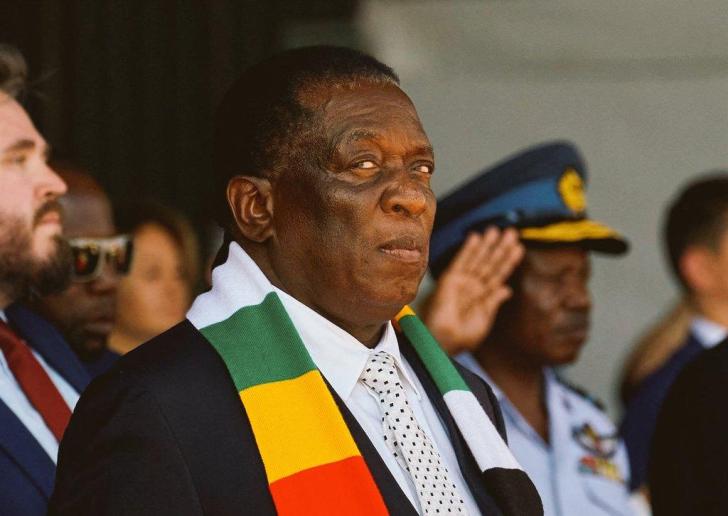News / National
Fresh alarm raised over attempts to constrict NGO Zimbabwe
03 Aug 2024 at 11:54hrs |
0 Views

President Emmerson Mnangagwa's administration is pushing the Private Voluntary Organisations (PVO) Amendment Bill, seen as a strategy to restrict civil society amidst a weakened opposition.
The bill, introduced in 2021, aims to regulate NGOs under the guise of preventing money laundering and terrorism financing but has faced significant resistance from civic rights groups.
The High Court previously struck down a directive requiring NGOs to submit work plans, labeling it unconstitutional. Despite this, the administration's efforts to constrain civil society continue, alongside criticisms for using legal measures to undermine opposition parties, such as the Citizens Coalition for Change (CCC).
The Patriotic Act, another controversial law, criminalizes discussions of sanctions and military interventions and has been used to suppress dissent.
Following the 2023 elections, which saw the ruling Zanu-PF gain a stronger parliamentary majority, the government has faced accusations of electoral manipulation by the NGO Forever Associates Zimbabwe (Faz), which is linked to the Central Intelligence Organisation.
The PVO Bill, which Mnangagwa has yet to sign into law, has sparked disruptions during public consultations and is criticized for stifling civil society and donor funding. Analysts argue that the bill is part of a broader strategy to target and weaken organizations critical of the government and those pushing for political change.
The bill, introduced in 2021, aims to regulate NGOs under the guise of preventing money laundering and terrorism financing but has faced significant resistance from civic rights groups.
The High Court previously struck down a directive requiring NGOs to submit work plans, labeling it unconstitutional. Despite this, the administration's efforts to constrain civil society continue, alongside criticisms for using legal measures to undermine opposition parties, such as the Citizens Coalition for Change (CCC).
Following the 2023 elections, which saw the ruling Zanu-PF gain a stronger parliamentary majority, the government has faced accusations of electoral manipulation by the NGO Forever Associates Zimbabwe (Faz), which is linked to the Central Intelligence Organisation.
The PVO Bill, which Mnangagwa has yet to sign into law, has sparked disruptions during public consultations and is criticized for stifling civil society and donor funding. Analysts argue that the bill is part of a broader strategy to target and weaken organizations critical of the government and those pushing for political change.
Source - the independent
Join the discussion
Loading comments…



























